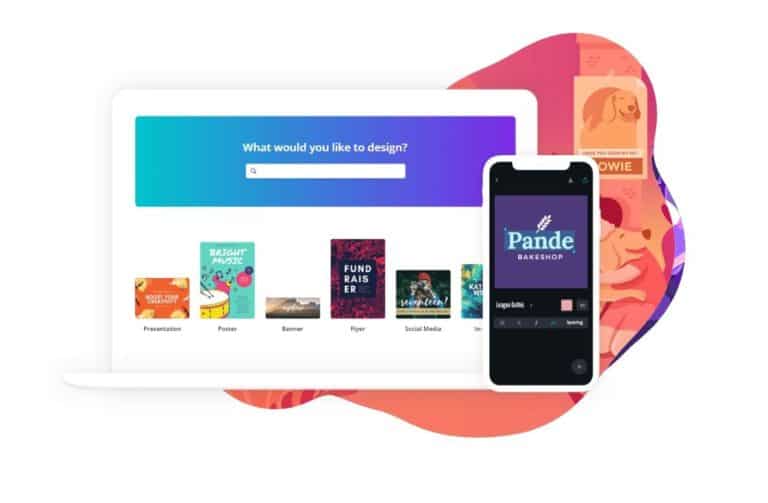At the end of last week, the design and marketing tool Canva became the victim of a hack. The service now advises users to change their password as a precaution.
Last weekend, Canva discovered a security problem. A hacker entered the system, and ran off with usernames and email addresses. Canva immediately informed the authorities and shared the news via Twitter and its own website. Data from 139 million users were captured.
This morning weve been alerted to a security incident that enabled access to a number of usernames and email addresses. As soon as this happened, we remedied the issue and alerted the authorities. To be overly cautious, wed recommend changing your password.
Canva (@canva) May 25, 2019
The intruders would have also run off with passwords, but they were kept according to the rules of the art with salted hashes. That means they’re theoretically useless to the hackers. In a mail to users that goes out today, Canva nevertheless advises users to change their password to be completely safe.
As soon as we were informed, we immediately took steps to identify and remedy the cause. We’ve reported the situation to the authorities (including the FBI). We apologize for any concerns we may have and the inconvenience this may cause, it sounds in the mail. We are aware that some of our community’s usernames and email addresses have been accessed. The hackers have also obtained passwords in their encrypted form. This means that our user passwords remain unreadable for external parties. To be on the safe side, we advise you to change your Canva password.
Proud hacker
The hacker calls himself GnosticPlayers, and was previously responsible for publishing the data of 932 million users from 44 companies. He puts the data for sale on the dark web. The hacker seems quite proud of his work, as he contacted ZDNet himself to practice his actions. According to GnosticPlayers, Canva detected the hack quite quickly, and then closed the database.
Canva is an Australian company that makes simple design possible. The website is widely used by companies that want to build striking logos or visually interesting websites quickly.
This news article was automatically translated from Dutch to give Techzine.eu a head start. All news articles after September 1, 2019 are written in native English and NOT translated. All our background stories are written in native English as well. For more information read our launch article.